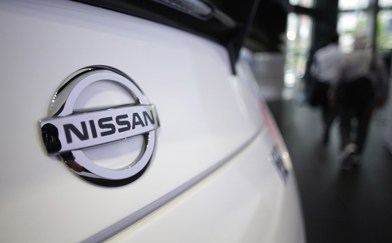Ford’s electric vehicle (EV) ambitions are intensifying, with the spotlight now on an upcoming midsize electric ute, tentatively called the Ford Ranger EV. This model is distinct from the plug-in hybrid Ford Ranger, which is expected in mid-2025.
Slated for a 2027 launch, the model is expected to bring a new level of affordability and functionality to the fully electric ute segment, driven by an all-new platform developed by an innovative team focused on next-gen EVs.
The Ford Ranger EV will be the pioneer model on a fresh electric vehicle platform, diverging from Ford’s current F-150 Lightning and embracing a more compact, midsize approach.
Developed by a dedicated 'skunkworks' team, this platform is designed with affordability in mind - a response to the cost-sensitive demands of the emerging EV market.

Jim Farley, Ford’s CEO, has touted this model as an “incredible package” that draws on Ford’s long-standing expertise in the midsize ute sector.
Farley noted the significance of this EV’s design during Ford’s recent third-quarter earnings call, highlighting its affordability and competitiveness.
"I've seen a lot of game-changing products,” he remarked, “but this midsized truck has got to be one of the most exciting.”
The Ranger EV will target consumers looking for enhanced range, practicality and cost-efficiency. The timing of Ford’s announcement aligns with increasing competition in the EV market.
According to Farley, the industry faces a “global price war” driven by a surge in EV models, compliance pressures and oversupply issues. Farley stated, “roughly 150 new EV nameplates [are expected by Ford] to hit North America by the end of 2026,” leading to price cuts and intensified competition among manufacturers.
The Ranger EV, however, is expected to achieve production efficiencies that could rival the cost structure of Chinese automakers assembling vehicles in Mexico.
Ford’s commitment to cost control, already demonstrated through reductions on the Mustang Mach-E, further emphasises the brand’s strategy of remaining competitive without undercutting quality or residual values.
While competitors reduce prices and implement aggressive leasing strategies, Farley warns of potential brand damage from such practices, which he describes as having “huge residual risk.”
According to Farley, this race-to-the-bottom approach threatens long-term brand equity, particularly as automakers attempt to attract customers in a rapidly expanding EV market.
Ford, by contrast, is intent on maintaining its focus on sustainable cost reductions and efficiency improvements.
Ford’s strategy reflects a cautious yet ambitious approach, balancing affordability with quality as it prepares the Ranger EV for a 2027 debut.





